Triluma Cream
Triluma Cream, a potent dermatological formulation, is a unique blend tailored to address various skin concerns. This 15gm marvel combines three active ingredients: fluocinolone acetonide, hydroquinone, and tretinoin, each with distinct functions. Fluocinolone acetonide alleviates inflammation, while hydroquinone tackles hyperpigmentation by inhibiting melanin production.
Tretinoin, a retinoid derivative, enhances skin cell turnover, promoting a smoother complexion. This trifecta synergistically targets conditions like melasma, acne scars, and sunspots, restoring the skin’s natural radiance. With consistent use and a proper skincare regimen, Triluma Cream offers a transformative experience, leaving users with renewed confidence and a luminous glow.
What is Triluma Cream used for?
Triluma cream is a dermatological marvel designed to address various skin concerns effectively. It combines fluocinolone acetonide, hydroquinone, and tretinoin to combat conditions like melasma, acne scars, and sunspots. By reducing inflammation, inhibiting melanin production, and promoting skin cell turnover, Triluma cream restores skin’s natural radiance and improves overall complexion, offering users renewed confidence and a luminous glow.
How to Apply Triluma Cream?
To apply Triluma cream effectively, start with a clean, dry face. Dispense a pea-sized amount onto your fingertip and gently apply a thin layer to the affected areas, avoiding contact with the eyes, mouth, and mucous membranes. Massage the cream into the skin until fully absorbed. Use Triluma once daily at bedtime, unless directed otherwise by a healthcare professional.
It’s crucial to apply sunscreen during the day to protect the skin from UV damage, as Triluma may increase sensitivity to sunlight. Follow this regimen consistently for optimal results and consult a dermatologist for personalized guidance.
How does the cream work?
Triluma cream operates through a multifaceted approach to tackle various skin concerns. Its three active ingredients work synergistically to target specific aspects of skin issues. Fluocinolone acetonide reduces inflammation, soothing irritated skin. Hydroquinone inhibits melanin production, effectively lightening hyperpigmentation such as melasma and sunspots.
Tretinoin enhances skin cell turnover, promoting the shedding of old, damaged cells and encouraging the growth of new ones. This process results in a smoother complexion with reduced pigmentation and improved texture. By addressing these different factors, Triluma cream offers comprehensive treatment for conditions like melasma, acne scars, and sun damage.
Benefits
Triluma cream offers a plethora of unique benefits for skin rejuvenation and enhancement. Its powerful blend of active ingredients effectively targets and addresses various skin concerns such as melasma, acne scars, and sunspots. By reducing inflammation, inhibiting melanin production, and promoting skin cell turnover, This cream not only lightens pigmentation but also improves skin texture and overall complexion.
With consistent use, users can expect a noticeable reduction in hyperpigmentation, a smoother skin surface, and a renewed radiance. It provides a comprehensive solution for those seeking to achieve a more even-toned, youthful-looking complexion.
Triluma Cream Side effects
- Triluma cream may cause mild to moderate side effects in some users.
- Common side effects include temporary skin irritation, redness, and dryness.
- Some individuals may experience a stinging or burning sensation upon application.
- Prolonged use of Triluma may lead to skin thinning or increased sensitivity to sunlight.
- In rare cases, allergic reactions such as swelling, itching, or rash may occur.
- Avoid contact with eyes, mouth, or mucous membranes to prevent irritation.
- Discontinue use and consult a dermatologist if severe side effects persist or worsen.
- Always use sunscreen during the day while using Triluma to protect the skin from UV damage
Precautions
When using Triluma cream, it’s essential to take certain precautions to ensure safe and effective treatment:
- Use Triluma only as directed by a healthcare professional, following the prescribed dosage and application instructions.
- Avoid contact with eyes, mouth, and mucous membranes to prevent irritation.
- Do not apply Triluma to broken or irritated skin.
- Use sunscreen and protective clothing to shield treated areas from sunlight, as Triluma may increase sensitivity to UV radiation.
- Inform your healthcare provider about any existing medical conditions or medications to avoid potential interactions.
- Discontinue use if severe skin irritation or allergic reactions occur, and seek medical advice promptly
Things to remember while using it
When incorporating Triluma cream into your skincare routine, remember these essential points for optimal results and safety:
- Apply a pea-sized amount to clean, dry skin, avoiding contact with sensitive areas like eyes and lips.
- Use Triluma once daily at bedtime, unless directed otherwise by a healthcare professional.
- Always apply sunscreen during the day to protect treated skin from UV damage.
- Be patient and consistent with usage, as visible results may take several weeks to manifest.
- Avoid using abrasive or harsh skincare products alongside Triluma to prevent skin irritation.
- Consult a dermatologist if you experience persistent or severe side effects
When not use Triluma Cream?
Triluma cream should not be used under certain circumstances:
- Pregnancy or breastfeeding: Consult a healthcare professional before using Triluma during these periods, as it may pose risks to the fetus or infant.
- Hypersensitivity: Avoid Triluma if you have a known allergy to any of its ingredients, as it may cause severe allergic reactions.
- Broken or irritated skin: Refrain from applying Triluma to areas with open wounds, cuts, or severe irritation, as it may exacerbate these conditions.
- Concurrent use of certain medications: Inform your healthcare provider about all medications you are taking to avoid potential interactions before using Triluma
Storage
Store Triluma cream at room temperature away from moisture and heat. Keep the tube tightly closed when not in use. Do not freeze. Keep out of reach of children
Frequently Asked Questions
Can Triluma cream be used during pregnancy or breastfeeding?
It’s advisable to consult a healthcare professional before using the cream during pregnancy or breastfeeding to assess potential risks and benefits.
How long does it take to see results with Triluma cream?
Results vary depending on individual skin types and conditions. Generally, noticeable improvements may be seen within several weeks of consistent use, but full results may take a few months.
Can Triluma cream be used on sensitive skin?
It may irritate, especially in individuals with sensitive skin. It’s recommended to perform a patch test and start with a lower frequency of use to assess tolerance.
Is Triluma cream safe for long-term use?
Prolonged use of this cream may lead to skin thinning or increased sensitivity to sunlight. Consult a healthcare professional to determine the appropriate duration of treatment.
Can Triluma cream be used alongside other skincare products?
It’s best to avoid using abrasive or harsh skincare products alongside Triluma to prevent skin irritation. Consult a dermatologist for personalized recommendations on complementary skincare products.
Conclusion
Triluma cream offers a comprehensive solution for various skin concerns, including melasma, acne scars, and sunspots. Its unique blend of active ingredients targets specific aspects of skin issues, promoting a more even-toned complexion and improved texture.
While it may cause mild side effects, such as temporary irritation, with proper precautions and consistent use, users can achieve noticeable results within weeks. Consulting a healthcare professional is crucial for personalized guidance, especially regarding pregnancy, breastfeeding, or long-term usage, ensuring safe and effective treatment.

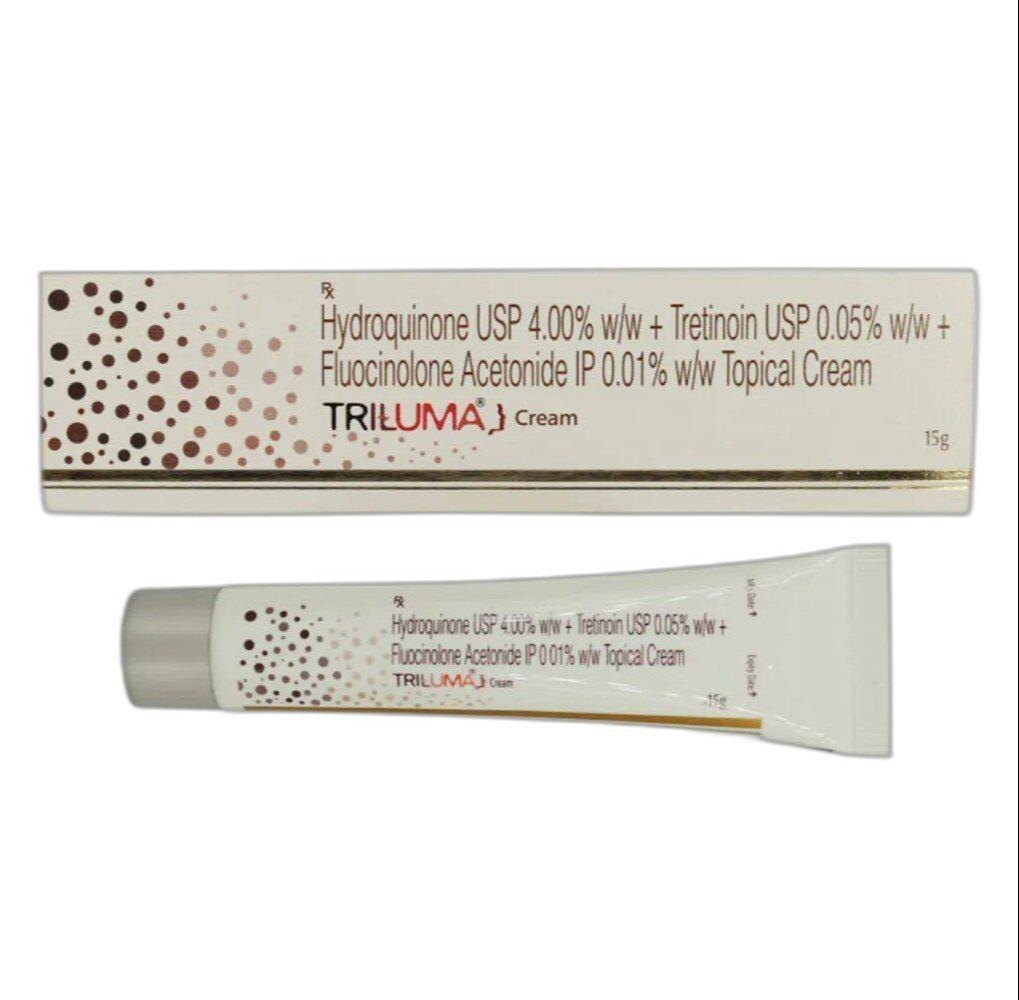


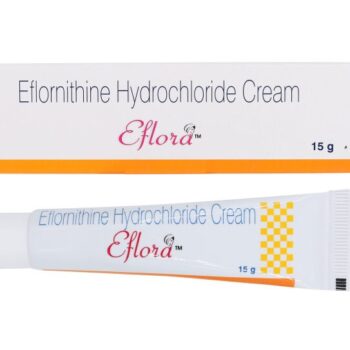
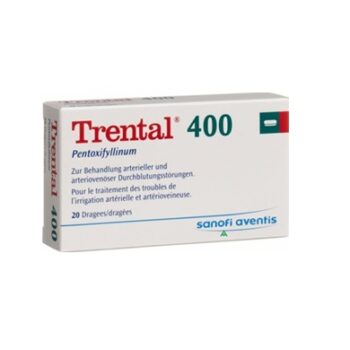
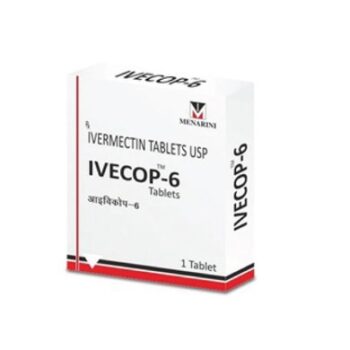
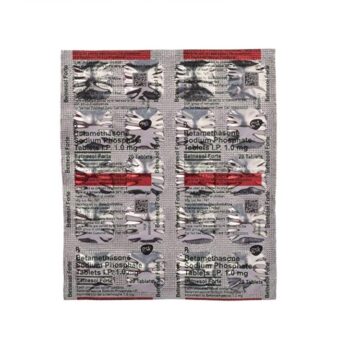
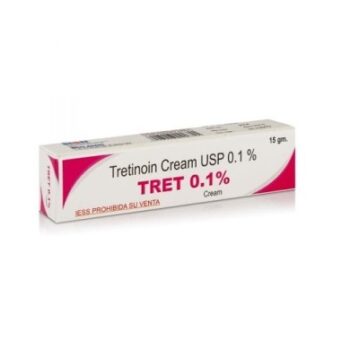
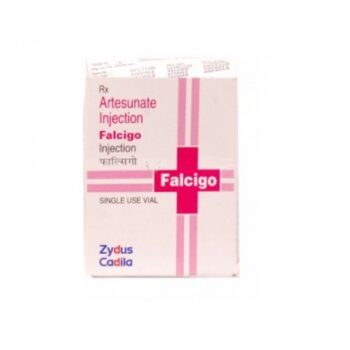


Reviews
There are no reviews yet.